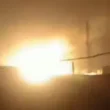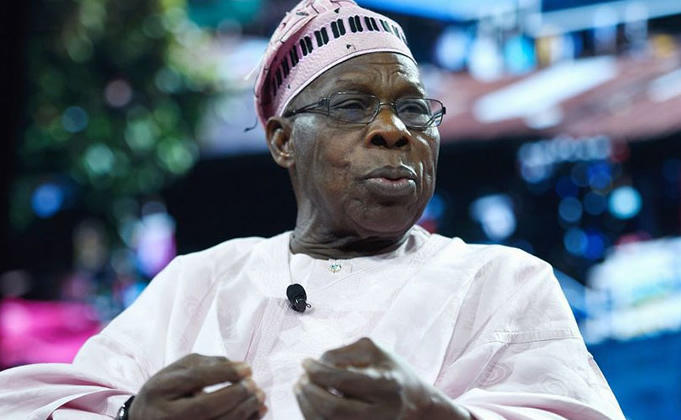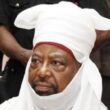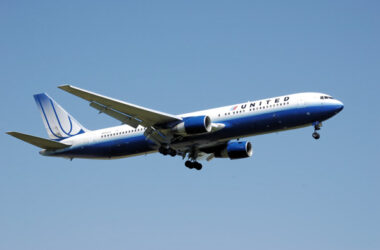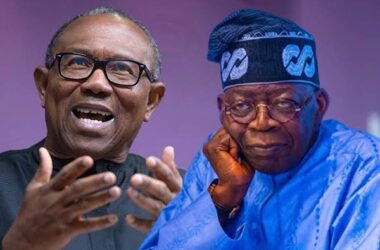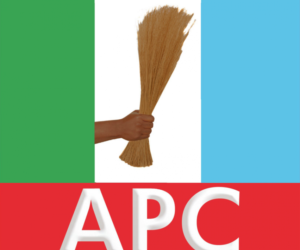Former Nigerian President Olusegun Obasanjo has paid a heartfelt tribute to late U.S. President Jimmy Carter, describing him as a “man of peace” who played a pivotal role in securing his release from prison during the regime of General Sani Abacha.
Speaking at a memorial service held at the Chapel of Christ the Glorious King in Abeokuta, Obasanjo recalled Carter’s bold intervention during one of the darkest periods of his life.
Carter, the 39th U.S. President and Nobel Peace Prize laureate, passed away on December 29, 2024, at the age of 100. Obasanjo recounted how Carter personally appealed to General Abacha during a visit to Nigeria, persuading him to transfer Obasanjo from prison to house arrest on his farm.
Though the relief was temporary, the gesture marked a significant effort to alleviate his suffering.
He said, “President Carter was one of my foreign friends who stuck their necks out to save my life and to seek my release from prison. On President Carter’s visit to Nigeria, he got Abacha to agree to take me from detention to house arrest on my farm. But that did not last for too long.
“In the evenings of our lives, I became a victim of a militarialist man – Sani Abacha – who wanted to rule Nigeria perpetually till end of his life. President Carter was one of my foreign friends who stuck their necks out to save my life and to seek my release from prison”.
“On President Carter’s visit to Nigeria, he got Abacha to agree to take me from detention to house arrest on my farm. But that did not last for too long. Many other friends and leaders intervened but President Carter was the only non-African leader, according to my information, that paid a visit to Abacha solely to plead for my release”.
“I would remain ever grateful to all who worked for my release from Abacha’s gulag. Abacha ensured that I would not be released. Within a week of his death though, I was released by his successor, General Abdulsalami Abubakar, who also facilitated my going round Africa and the rest of the world to thank all those who worked for my release”.
“In the US, I called on President Jimmy Carter who told me all the efforts he made with other leaders and Abacha remaining unyielding for my release. But the most surprising thing Carter said to me was, “Please see Ted Turner and thank him for his generosity. He came to me and asked me to get his friend, Obasanjo, released from prison. ‘I will take care of him and his family here or wherever he chooses to live’”. I was touched and moved to tears. I immediately went to Ted who expressed to me the same sentiment that President Carter expressed. He proved his generosity and I kept going back to President Carter anytime I could spare to express my gratitude to him”.
“For me, I would miss a great and true friend but I know we shall meet again in Paradise”.
“One great lesson I learned from President Carter was that in his leadership, he carried along an army of co-workers that shared the ideal and the burden of the work with him. He led by example and in humility and that made success to attend his way”.
Speaking on the attributes of the late President Carter, Obasanjo described him as “a simple, humble, honest man of God-, he would prefer nothing better than a simple but significant service in his memory. He was a humble man of simplicity”.
“But why should I decide to have a service in memory of an American President who lived and died almost 5000 miles away? It is because he was a great world leader, he was a righteous man whose righteousness spread over the whole world; he was a lover of humanity, a man of God; and he was a great and true friend of mine”.
“In terms of early life background, I shared similarity with President Jimmy Carter. He was born into a farming family in Plains, Georgia, and I was born into a farming family in rural village of Ibogun-Olaogun in Ogun State”.
“He grew up under a father and mother who were disciplinarians, who instilled in him essence of discipline, morality, hard work, integrity, kindness and humility, compassion for the poor and strong belief in God. My parents inculcated similar attributes in me as I was growing up in a rural area that had no pipe water, no electricity just as it was in Plains, Georgia, while Jimmy Carter was growing there. He beat me though in one respect, there was road to his settlement, there was no road to my village. We walked to every place or, at best, we were carried on bicycle”.
“President Carter had military background which I had and, in fact, we met when I was a military Head of State. But if not that we were both in politics, our paths may not have crossed”.


